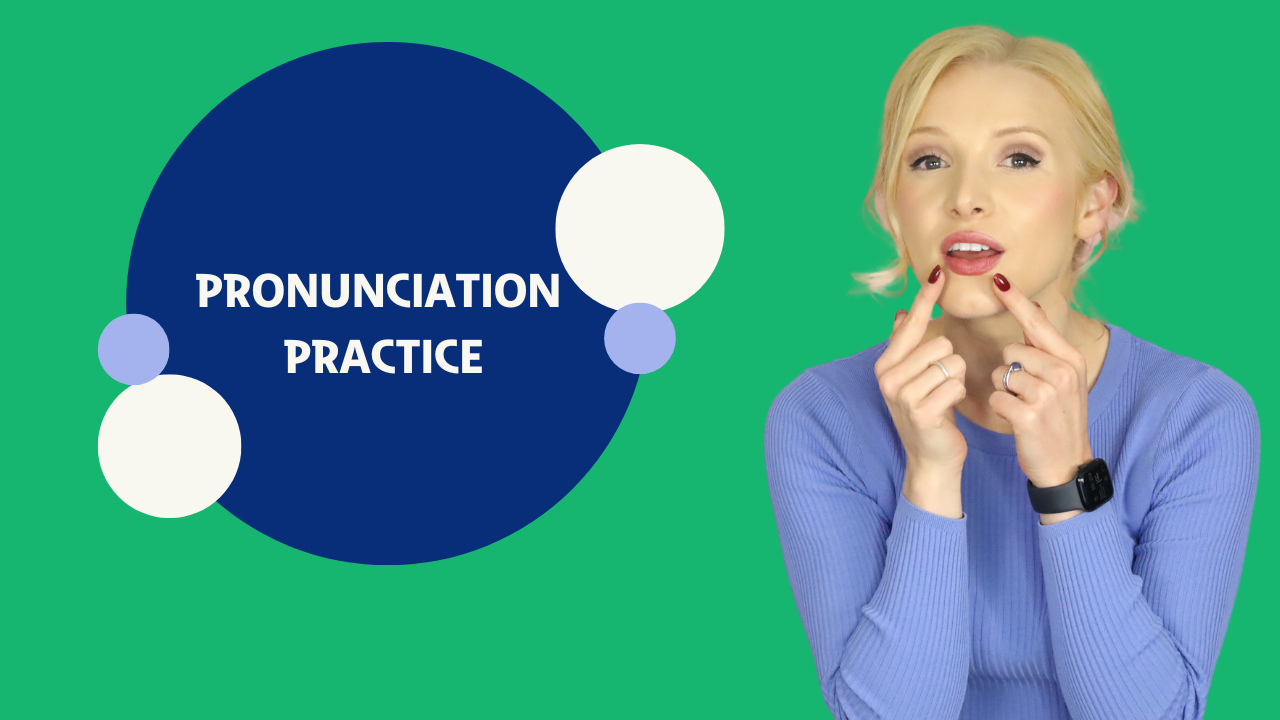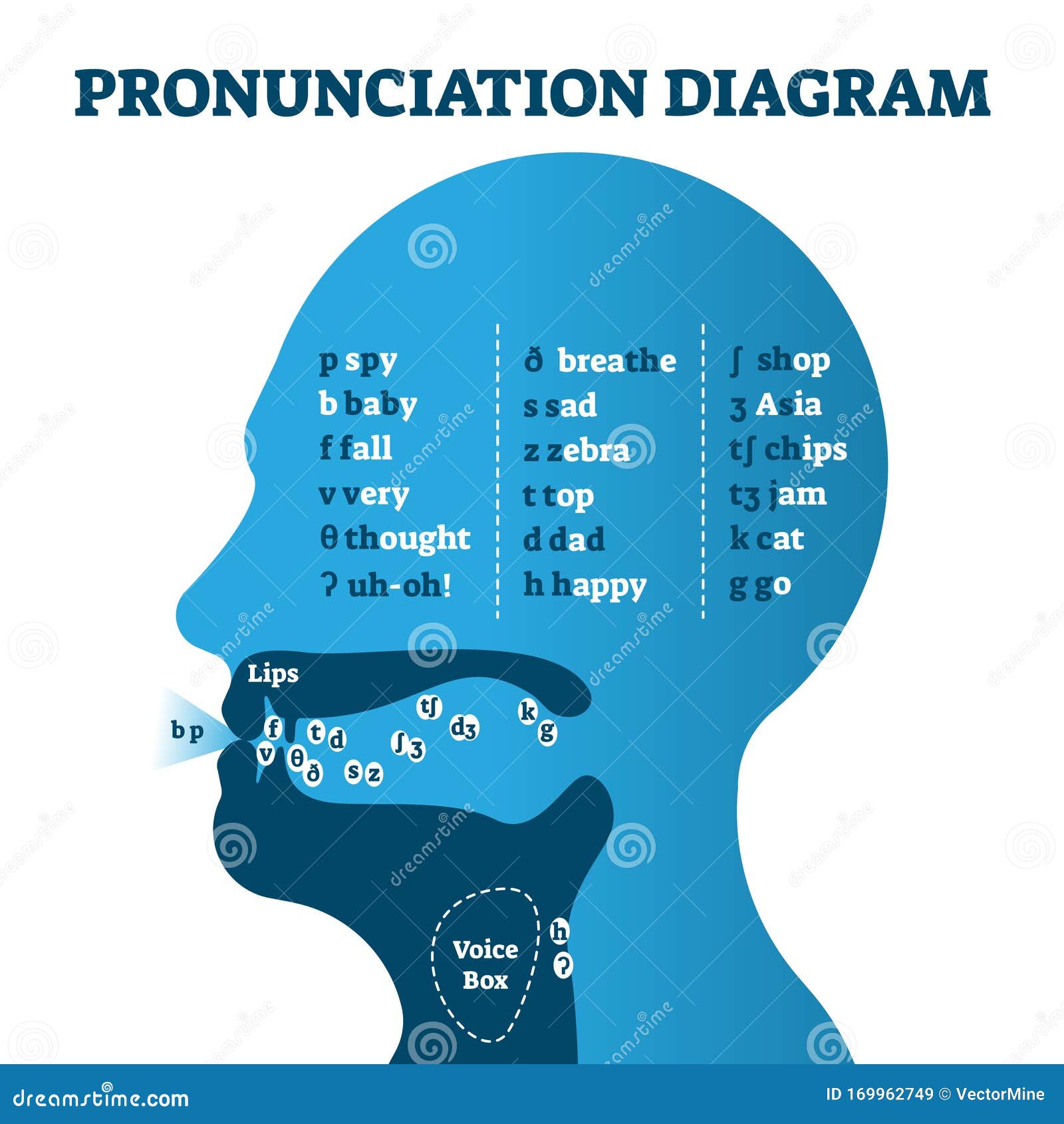Gnocchi Pronunciation - A Delicious Italian Mystery
Gnocchi, those truly beloved Italian dumplings, have, in a way, found a special spot in the hearts of food lovers all around the world. These soft, pillowy delights, made from potatoes and other good things, bring such a pure joy with every bite, it is really quite something. Many people, you know, find themselves quite taken with the comforting feel and wonderful taste of this Italian treat, making it a regular choice for a pleasant meal.
It is that, while sinking your teeth into these tender, yielding morsels is pure bliss, getting their name just right can be a bit of a puzzle for many. The way the letters come together, you see, can sometimes trick your tongue, leading to a moment of hesitation when you try to say it out loud. This little bit of a challenge, you know, often comes up for folks who are not used to Italian sounds, but it is a fun one to figure out.
This little guide, you know, explores how to say "gnocchi" so you can speak with a good deal of confidence, whether you are ordering at a restaurant, talking about your latest cooking adventure, or just sharing your love for good food with someone else. We will look at some of the ways to get the sounds down, helping you feel more at ease with this popular Italian word. It is, in some respects, about making a connection with the food itself, you know, by speaking its name properly.
- Studio Movie Grill Alpharetta
- Studio Movie Grill Bakersfield
- Ikea Customer Service Number
- Schnebly Redlands
- The Bond Between
Table of Contents
- What's the Real Secret to Gnocchi Pronunciation?
- Why Does Pronunciation for Gnocchi Seem So Tricky?
- How Can You Learn the Correct Pronunciation for Gnocchi?
- Does Saying Gnocchi Correctly Really Matter?
- The Global Reach of Gnocchi and Its Sounds
- Beyond Gnocchi - A Quick Look at Other Pronunciation Puzzles
What's the Real Secret to Gnocchi Pronunciation?
The way you say "gnocchi" often makes people pause, doesn't it? It is almost like, this delicious Italian dish, so popular globally, presents a bit of a challenge for many, causing a moment of uncertainty before the word comes out. Learning the sound, you see, can actually be quite simple once you know the little trick that helps unlock its proper utterance. Many people, you know, find that once they hear the key, the whole thing just clicks into place, making it much easier to say with ease.
One very helpful tip for the pronunciation for gnocchi involves the "gn" sound that begins the word. In Italian, this particular combination of letters sounds just like the "ñ" in Spanish, which is, you know, a sound many people recognize from words like "piñata" or "señor." This particular sound is, in some respects, the very core of saying "gnocchi" the way it is truly meant to be heard, offering a clear guide for those trying to get it right. It really makes all the difference, you know, in getting that authentic sound.
Why Does Pronunciation for Gnocchi Seem So Tricky?
For a good many people, especially those whose first language isn't Italian, getting the pronunciation for gnocchi just right can feel like a bit of a culinary conundrum, a real head-scratcher, if you will. It is really interesting how this one word, you know, seems to get mispronounced all too often, particularly in places like America, where it is a popular item on menus and in grocery stores. The unusual letter combination, you see, often throws people off a little, making them wonder how to approach it.
In fact, it is quite surprising, but the seemingly innocent "gnocchi" emerged as the most mispronounced pasta name in one study, with a staggering 153,000 annual Google searches just for how to say it. This shows, you know, just how many people are actively looking for that correct pronunciation for gnocchi, trying to clear up the confusion they might feel. It really highlights, you know, the widespread desire to speak the name of this beloved dish with accuracy and confidence, which is pretty cool.
How Can You Learn the Correct Pronunciation for Gnocchi?
There are, you know, many ways to get a good handle on the pronunciation for gnocchi, helping you feel more comfortable saying it out loud. You can listen and learn how to say it correctly with an Italian speaker like Julien, who offers free audio and video tutorials that break down the sounds for you. These resources, you see, can be really helpful for hearing the sounds directly from someone who speaks the language every day, giving you a proper example to follow. It is, in a way, like having a personal language helper right there with you.
Other places offer pronunciation assistance with many audio samples, sometimes as many as 23 different recordings, along with synonyms, meanings, and example sentences to give you a fuller picture. These tools, you know, give you a lot of chances to hear the word spoken in different contexts and to really get the feel for the pronunciation for gnocchi, allowing you to practice along with the recordings. Hearing it repeated in various ways can, you know, help solidify the sound in your mind.
You can also find short video lessons that show you the secret to saying "gnocchi" correctly, often with close-up views of mouth movements or simple explanations of the tricky parts. These videos, you know, often break down the sounds, making it easier to grasp the individual components that make up the word. For instance, EmmaSaying offers free pronunciation tutorials that can help improve your English pronunciation while also showing you how to say "gnocchi," which is pretty neat. It is, in some respects, a very practical way to learn.
Does Saying Gnocchi Correctly Really Matter?
Well, yes, it actually does matter quite a bit, you know, more than you might at first think. Saying "gnocchi" correctly is, in a way, a little nod to your appreciation for Italian cuisine and its rich, long-standing culture. It shows, you see, a genuine respect for the origins of this delicious food, and for the people who created it. It is a small gesture, perhaps, but one that carries a good deal of meaning in the world of food and language.
When you are ordering gnocchi at a restaurant, speaking the name with confidence can, you know, make a difference in how you feel and how your order is received. It helps you sound like you are comfortable with the menu and the cuisine. Mastering the art of pronunciation for gnocchi, by following these simple guidelines, means you can now confidently say "gnocchi" like someone who really knows their way around Italian food, which is, you know, a pretty satisfying feeling.
The Global Reach of Gnocchi and Its Sounds
Gnocchi, the delectable Italian dumplings, have, in a way, tantalized taste buds for centuries, bringing joy to countless meals across many lands. While many people around the world enjoy this scrumptious treat, their pronunciation, you know, has inevitably adapted to reflect how English speakers say things, often leading to slightly different versions of the original Italian sound. This happens quite often with words that travel across different languages, as they settle into new linguistic homes.
But, it is also true that you can learn how to pronounce "gnocchi" in many different languages, like Italian, English, Dutch, French, Swedish, German, Spanish, Hungarian, Luxembourgish, and Danish, often with native speakers providing the correct sounds. This shows, you know, just how widely loved gnocchi is, and how its name travels across many different tongues, each adapting it slightly while still recognizing the original delicious dish. It is, you know, a true sign of its worldwide appeal.
Beyond Gnocchi - A Quick Look at Other Pronunciation Puzzles
Just like with gnocchi, you know, many words in different languages have their own little pronunciation quirks, sounds that can be a bit tricky for someone learning that language. For instance, sometimes people wonder about how to tell the difference between sounds like /s/, /ʃ/, and /z/ when they are written in German. This is, you know, a bit like the challenge of the "gn" in gnocchi; each language has its own specific sounds that can be a bit tricky for learners to get just right, requiring a little practice and attention.
It is also interesting to note, you know, that pronunciation can sometimes follow very specific rules, like Sieb's rules for Bühnendeutsch, which is basically a standard way of speaking German on stage, almost like a formal way of speaking. These rules, you know, can dictate how certain sounds are made, much like how the "gn" in Italian has a particular sound that is consistent across the language. It just goes to show, you see, how organized language can be, even with its trickier bits.
And, you know, even something as simple as a rolled 'r' in a phrase like "grüß dich" in German can sound a little different depending on the speaker, or if the 'ü' sound is slightly off, not quite hitting the exact note. This just goes to show, you know, that getting sounds just right can be a subtle thing across all languages, requiring a fine ear and a bit of practice, not just with the pronunciation for gnocchi. It is, in some respects, a very human part of learning to speak new words.
Sometimes, you know, even very common words in a language have sounds that are not quite what a learner expects. For example, if German 'w' is pronounced like an English 'v', and German 'v' is pronounced like an English 'f', it can be a little confusing for someone trying to learn. This sort of thing, you see, is just another example of how different languages handle sounds in their own unique ways, making the pronunciation for gnocchi just one of many interesting linguistic puzzles to solve.
Learning how to say names like Franz Liszt, the Austrian composer, can also be a bit of a thing, you know, because the pronunciation of names often follows the rules of their original language. So, while the German word "list" sounds very close to the English word "list," the name itself has its own particular way of being spoken. It is, you know, a reminder that every word, whether it is "gnocchi" or a person's name, carries its own unique sound story, waiting for you to discover it.
English Pronunciation - Apps on Google Play

Lesson - English with Lucy

Pronunciation 4u Phonetic Chart - vrogue.co